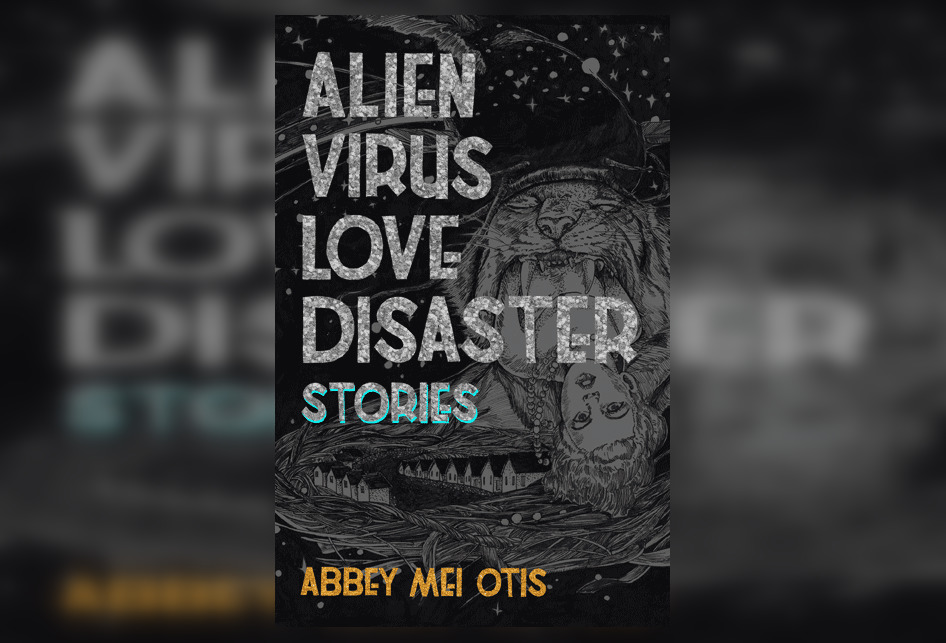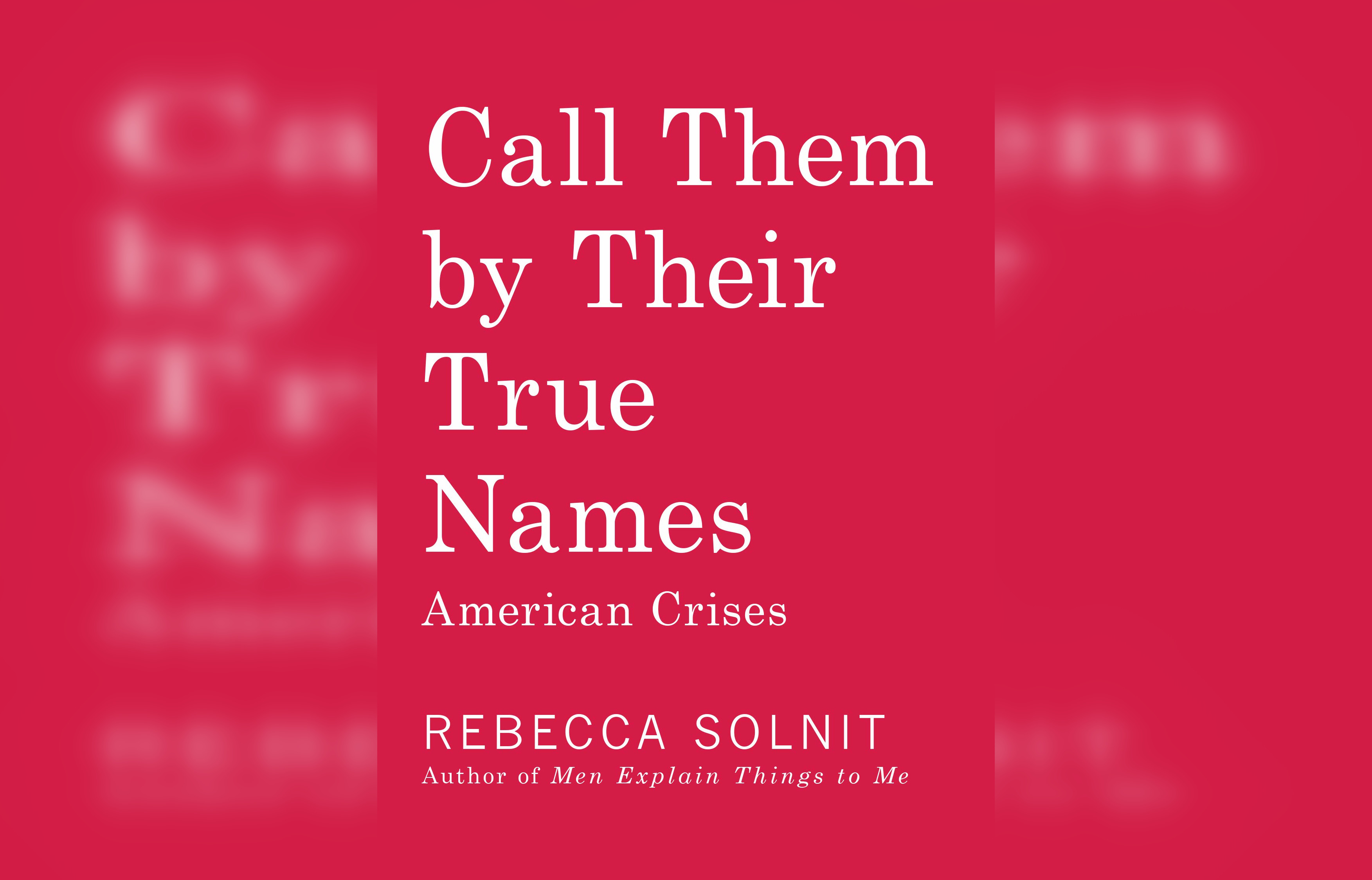I’d like to imagine that an elongated title for Abbey Mei Otis’s short story collection would be something like: Alien Virus Love Disaster Snot Ocean Pregnancy Robot Plastic Sex Intern Abortion Cave Sorrow Dungeon Cougar Ghost Deportation Suburb Imposter Chicken Ultimate Sleepover Megathrill 4, but realize that doesn’t encompass the half of it. Not half the surreal or half of the heart.
The twelve tales in this collection lure you in with the fantastic (Aliens! Sex Robots! Matricide! Giant Cougars!) and fantastical landscapes. The worlds of these stories feel, in our current climate, dystopian, prescient, and deserved. These are lands of neglect; where a makeshift home has only one window, “the hole in our kitchen floor where sometimes I peek through and see them all clustered around a hot plate”; where half-finished homes that “would have been declared hazardous if anyone had felt like making declarations” serve as playgrounds for children; and where even those stories grounded in mostly unblemished settings (classrooms, sex dungeons, the Bean sculpture in Chicago, beachside towns) are sullied by the actions and inactions of the characters in Otis’s stories.
The collection’s titular story opens with Noma and her little brother, Dean, naked surrounded by their naked neighbors, all being hosed down, bio-hazard style, in a football field. It turns out that the brilliant glittering sights and sounds produced by the Magic Factory in their backyard have contaminated them all with an Alien Virus. It’s probably not a surprise that aliens appear in multiple stories. Abduction by Abbey Mei Otis’s aliens, however, seems preferable, gentler, than what the human world has inflicted on these characters. “Blood, Blood” confronts exactly this, with the main character Damia considering alien-assisted body-consciousness separation.
The story “Teacher” feels directly in conversation with Donald Barthelme’s “The School,” with disadvantaged students precociously telling the teacher that it’s “hard to be convinced of the necessity of verb tenses when our situation exhibits so little possibility for change.” Nor is that the only story with particular children. In “Sex Dungeons for Sad People” our narrator works both part-time in a sex dungeon and in an “Alternative Learning Styles” classroom. “Champagne’s learning style is mimicking the sound of technology at earsplitting volume. Or Brooklyn’s learning style is furtive, relentless masturbation. Or Jolie’s learning style is whales.”
But these Aliens, dystopian worlds, and unusual children all work as clever feints. They lure you in only to get access to your more tender organs. These are stories of human nature; stories that explore wealth, class, sorrow, oppression. In these stories, aliens can’t save you, the moon can’t save you, virtual reality can’t save you, and, all too often, your family can’t save you either. In “I’m Sorry Your Daughter Got Eaten by a Cougar”, Pickle (there are many delightfully named characters throughout the collection) lays out the humanity behind the fantastic, suggesting that:
“We are all three human beings, after all. Maybe they would disagree, but I know better. I saw what they did and it is what humans do for each other. They tear the roofs of their houses. They peel bands of skin from their arms with their own teeth. They let themselves be penetrated by the giant thorny penises of wild cat-men. Because otherwise, what would we be? And what is love, anyway?”
It is as if every time Abbey Mei Otis sat to write she wore a sandwich board on which one side read “Make it weird” and the other side read “Make it love.” No story better lures you with science fiction, only to cut you where it hurts, than “If You Could Be God of Anything,” in which Hailo and her young friends rule the ruined world of their half-built and abandoned suburban neighborhood. We’re told, from line one, that a sex robot has fallen from the sky. But when Hailo finds it, she must endure both the reactions of her three male teenaged friends and the disregard of her mostly-absent brothers.
In these stories, yes, there are aliens, robots, sex dungeons, chicken puppets, ghosts, and blobs of unknown origin and nature. But there is also tenderness and the absence of it. There is prose that delights. There are plastic people, and people not sure if they can bleed. What these stories do best is sci-fi. What these stories do best is love. And if you need to distinguish between the two, then Abbey Mei Otis is here to deny you. For if barriers between what is “science fiction” and what is “literature” haven’t already broken down, then this collection is Abbey Mei Otis burying a glowing-neon hammer into that tired beige wall.
Photo Credit: Courtesy Small Beer Press




